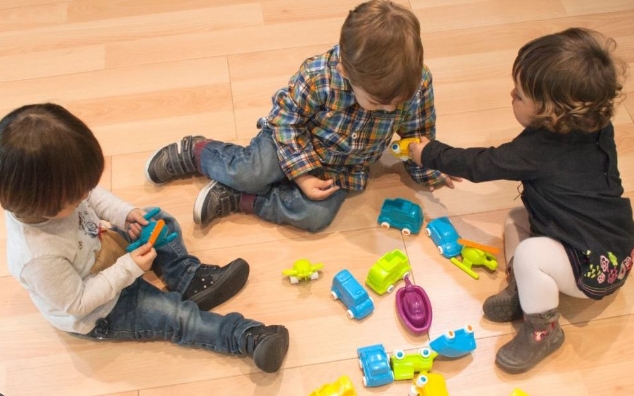The Benefits of Associative Play Toys for Children’s Development
Promotes Social Skills
Associative play toys encourage children to interact with others, building important social skills such as cooperation, communication, and empathy.
Develops Cognitive Abilities
Through collaborative play, children learn problem-solving skills, critical thinking, and creativity as they work together to reach a common goal.
Enhances Emotional Intelligence
By playing with others, children learn to recognize and understand different emotions, fostering emotional intelligence and empathy towards others.
Improves Language Development
Associative play toys can help children expand their vocabulary, practice sentence construction, and enhance their communication skills through interactions with peers.
Builds Confidence
Participating in cooperative play helps children build self-confidence and self-esteem as they learn to work together with others and achieve shared goals.
Fosters Teamwork
Playing with others teaches children the importance of teamwork, cooperation, and compromise, essential skills for success in both school and later in life.
Encourages Imagination
Associative play sparks creativity and imagination as children collaborate to create new scenarios, stories, and worlds through their play.
Strengthens Relationships
Engaging in associative play helps children develop strong bonds and friendships with their peers, fostering a sense of connection and belonging.
In conclusion, associative play toys are valuable tools for children’s development, offering a wide range of benefits that promote social, cognitive, emotional, and language skills. By encouraging collaborative play, parents and educators can support children’s growth and learning in a fun and engaging way.

